The Bolshevik Revolution Centennial and the Disintegration of the Soviet Space
By Dmitry Shlapentokh
May 25, 2018, the CACI Analyst
The centennial of the Bolshevik Revolution in November 2017 was a strange jubilee. Despite the revolution’s central importance in world history and its global importance, the centennial received scant attention in Russia. Most other post-Soviet countries plainly ignored it. The marginalization of the Revolution went along with a sharp decline in the popularity of Eurasianism, whose proponents emphasized the “symbiotic” or organic relationship between Russians and other ethnicities of the former USSR. Eurasianism also emphasized a Russia-centered historical narrative of the Soviet Union and the Russian empire. The decline of common historical space reflects a discursive and geopolitical vacuum, which the rising China will most likely fill.
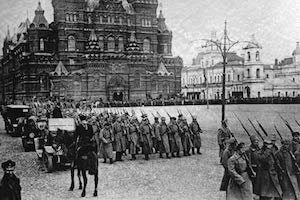
Families of ISIS Fighters Return to North Caucasus
By Huseyn Aliyev
May 23, 2018, the CACI Analyst
Since December 2017, following the military defeat of the terrorist organization known as the Islamic State in Iraq and Syria (ISIS), several hundred Russian citizens, mostly from the North Caucasian republics of Chechnya, Dagestan and Ingushetia, have been brought back to Russia from Syria and Iraq. The returnees are families of ISIS fighters from the North Caucasus. So far, authorities have detained and prosecuted many returnees upon their return to the North Caucasus. The Chechen leader Ramzan Kadyrov has masterminded the return of North Caucasus nationals from the Middle East, using the opportunity to boost his image as a regional leader.
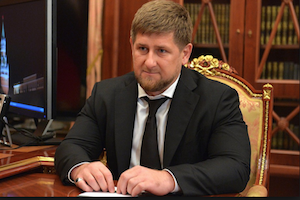
Is Russia's Soft Power Influence Effective? The Case of Azerbaijan
By Nurlan Aliyev
May 21, 2018, the CACI Analyst
On March 16, Sputnik Azerbaijan published information on Azerbaijani participants of the international sport competition Football for Friendship, financed by Gazprom. On the same day, the vice-president of the Italian Senate Linda Lanzillotta, visiting Baku, stated that Russia is behind protests against the construction of the Italian segment of the TAP pipeline. This is one example of how Russia’s means for exercising soft and hard, if covert, power coexist in the former Soviet republics. Yet soft power influences receive decidedly less attention in reporting and discussion on Russia’s relations with these countries and Azerbaijan is an illustrative case in this regard.
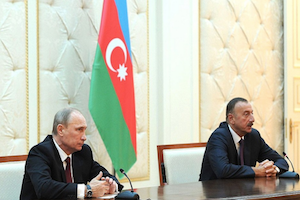
Continued Reshuffle in Dagestan's Government
By Huseyn Aliyev
May 14, 2018, the CACI Analyst
Since February 2018, Russian authorities have arrested several dozen top government officials on charges of large-scale financial fraud. Following a wave of elite arrests, the entire Dagestani government was dissolved on February 5. On the eve of the March presidential elections in Russia, the newly appointed head of the North Caucasus republic Vladimir Vasilyev, a native of Tatarstan, launched a sweeping anti-corruption campaign. The purge enabled the Kremlin to remove unreliable clans from power, enabling President Putin to ensure that the number of votes secured in Dagestan was among the highest in the North Caucasus.
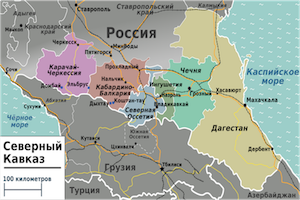
Central Asia After Astana: From Integration to Cooperation
By Slavomír Horák
April 30, 2018, the CACI Analyst
After the March 15 meeting of Central Asian leaders in Astana, analyses, news and reports increasingly use words such as “integration” or “new beginning” to describe political developments in Central Asia. Some Russian media have speculated in the beginning of the next phase of separation from Moscow. However, the “consultative meeting” in Astana should be understood in a completely different manner. The word “integration” reminds us of previous, less successful attempts at regional cooperation in Central Eurasia and so far, no comprehensive integrational concept has materialized. Yet, the Astana meeting was the first of its kind in many years and President Nazarbaev, summing up the results, underlined its informal character and even compared the format to the Visegrad group in Central Europe.
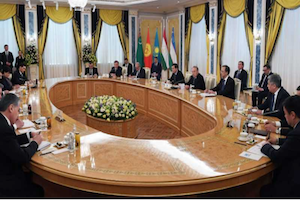





 Book S. Frederick Starr and Svante E. Cornell,
Book S. Frederick Starr and Svante E. Cornell,